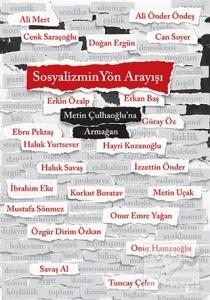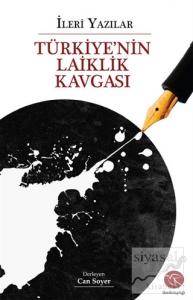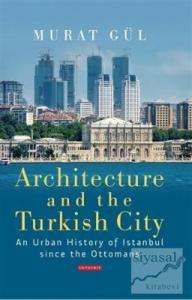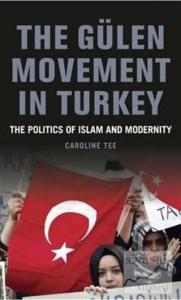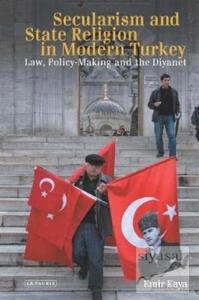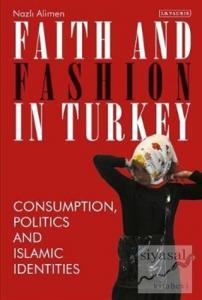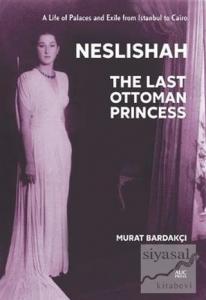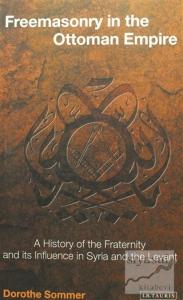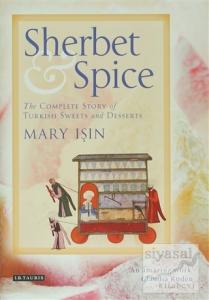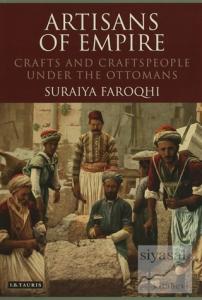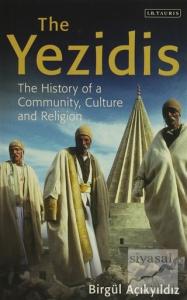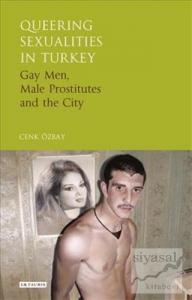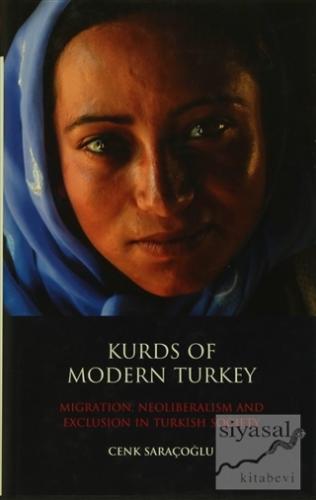
When, as a result of several confrontations and tensions recently observed in Turkey, Turkish media and other scholars fully recognised the increasing visibility of popular anti-Kurdish sentiments in Turkey, Cenk Saraçoglu's work attracted a great deal of attention and became the major point of reference in the discussions of anti-Kurdish sentiments in Turkey.Apart from being an original contribution to the study of the Kurdish question in particular, Saraçoglu's work has also the potential to have an influence on the studies on racism, nationalism and xenophobia in general.The concept of" exclusive recognition" , which he develops to designate the exclusionary attitudes towards Kurdish migrants that emanete from the urban social relationships, could also be applicable to some other social contexts.In view of this,Saraçoğlu's work would attract the interest of scholasrs who study the rise of Islamophobic attitudes in Western Europe... I look forward to purchasing my own copy.'
Dr Danièle Bélanger, Associate Professor in the Department of Sociology, and Canada Research Chair in Population, The University of Western Ontario
The issue of the increasing resentment in urban areas towards Kurdish migrants from Eastern Anotolia whodecades, received much attention and political commentary, but notcareful analysis.Cenk Saraçoglu's book provides a breath of fresh air on a topic on which political and academic explorations often find themselves rooted in simplified and polarised analysis. Saraçoglu's unique and original research makes a great contribution not just to the understanding of anti-Kurdish attitudes in Turkey in the recent period, but also to a more universal understanding of ethnicism and cultural racism in the context of neoliberalism and forced migration.
Dr Sedef Arat-Koc, Associate Professor in the Department of Politics and Public Administration, Ryerson University, Toronto
When, as a result of several confrontations and tensions recently observed in Turkey, Turkish media and other scholars fully recognised the increasing visibility of popular anti-Kurdish sentiments in Turkey, Cenk Saraçoglu's work attracted a great deal of attention and became the major point of reference in the discussions of anti-Kurdish sentiments in Turkey.Apart from being an original contribution to the study of the Kurdish question in particular, Saraçoglu's work has also the potential to have an influence on the studies on racism, nationalism and xenophobia in general.The concept of" exclusive recognition" , which he develops to designate the exclusionary attitudes towards Kurdish migrants that emanete from the urban social relationships, could also be applicable to some other social contexts.In view of this,Saraçoğlu's work would attract the interest of scholasrs who study the rise of Islamophobic attitudes in Western Europe... I look forward to purchasing my own copy.'
Dr Danièle Bélanger, Associate Professor in the Department of Sociology, and Canada Research Chair in Population, The University of Western Ontario
The issue of the increasing resentment in urban areas towards Kurdish migrants from Eastern Anotolia whodecades, received much attention and political commentary, but notcareful analysis.Cenk Saraçoglu's book provides a breath of fresh air on a topic on which political and academic explorations often find themselves rooted in simplified and polarised analysis. Saraçoglu's unique and original research makes a great contribution not just to the understanding of anti-Kurdish attitudes in Turkey in the recent period, but also to a more universal understanding of ethnicism and cultural racism in the context of neoliberalism and forced migration.
Dr Sedef Arat-Koc, Associate Professor in the Department of Politics and Public Administration, Ryerson University, Toronto











